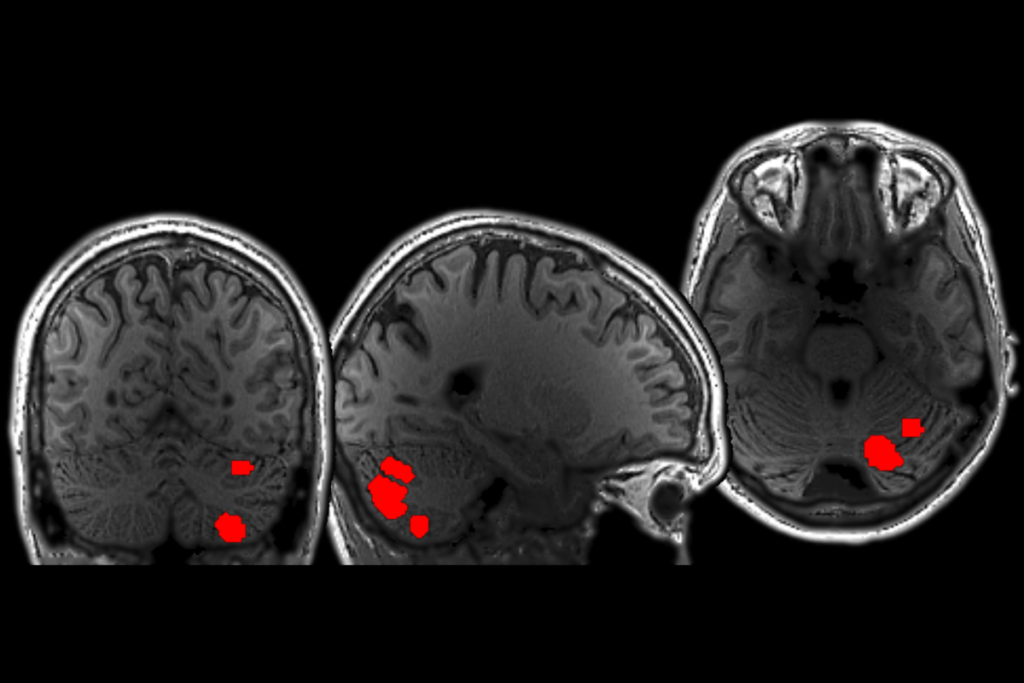Michael Ehlers
Neuroscience Chief Scientific Officer
Pfizer
From this contributor
A cautionary tale for autism drug development
Poorly designed animal drug studies for motor disorders have led to spurious conclusions for the clinical trials that follow. This may be even more true for autism research, says Michael Ehlers.
SHANK mutations converge at neuronal junctions in autism
SHANK3, one of the strongest candidate genes for autism, has the potential to be a molecular entry point into understanding the synaptic, developmental and circuit origins of the disorder.

SHANK mutations converge at neuronal junctions in autism
Drug zone
Rodent and stem cell models remain challenging for developing psychiatric drugs, says Michael Ehlers, chief scientific officer of neuroscience at Pfizer.
Explore more from The Transmitter
Oregon primate research center to negotiate with NIH on possible transition to sanctuary
The board of directors at Oregon Health & Science University, which runs the primate center, voted unanimously in favor of the move.

Oregon primate research center to negotiate with NIH on possible transition to sanctuary
The board of directors at Oregon Health & Science University, which runs the primate center, voted unanimously in favor of the move.
From genes to dynamics: Examining brain cell types in action may reveal the logic of brain function
Defining brain cell types is no longer a matter of classification alone, but of embedding their genetic identities within the dynamical organization of population activity.

From genes to dynamics: Examining brain cell types in action may reveal the logic of brain function
Defining brain cell types is no longer a matter of classification alone, but of embedding their genetic identities within the dynamical organization of population activity.
Cerebellum responds to language like cortical areas
One of four language-responsive cerebellar regions may encode meaningful information, much like the cortical language network in the left hemisphere, according to a new study.

Cerebellum responds to language like cortical areas
One of four language-responsive cerebellar regions may encode meaningful information, much like the cortical language network in the left hemisphere, according to a new study.